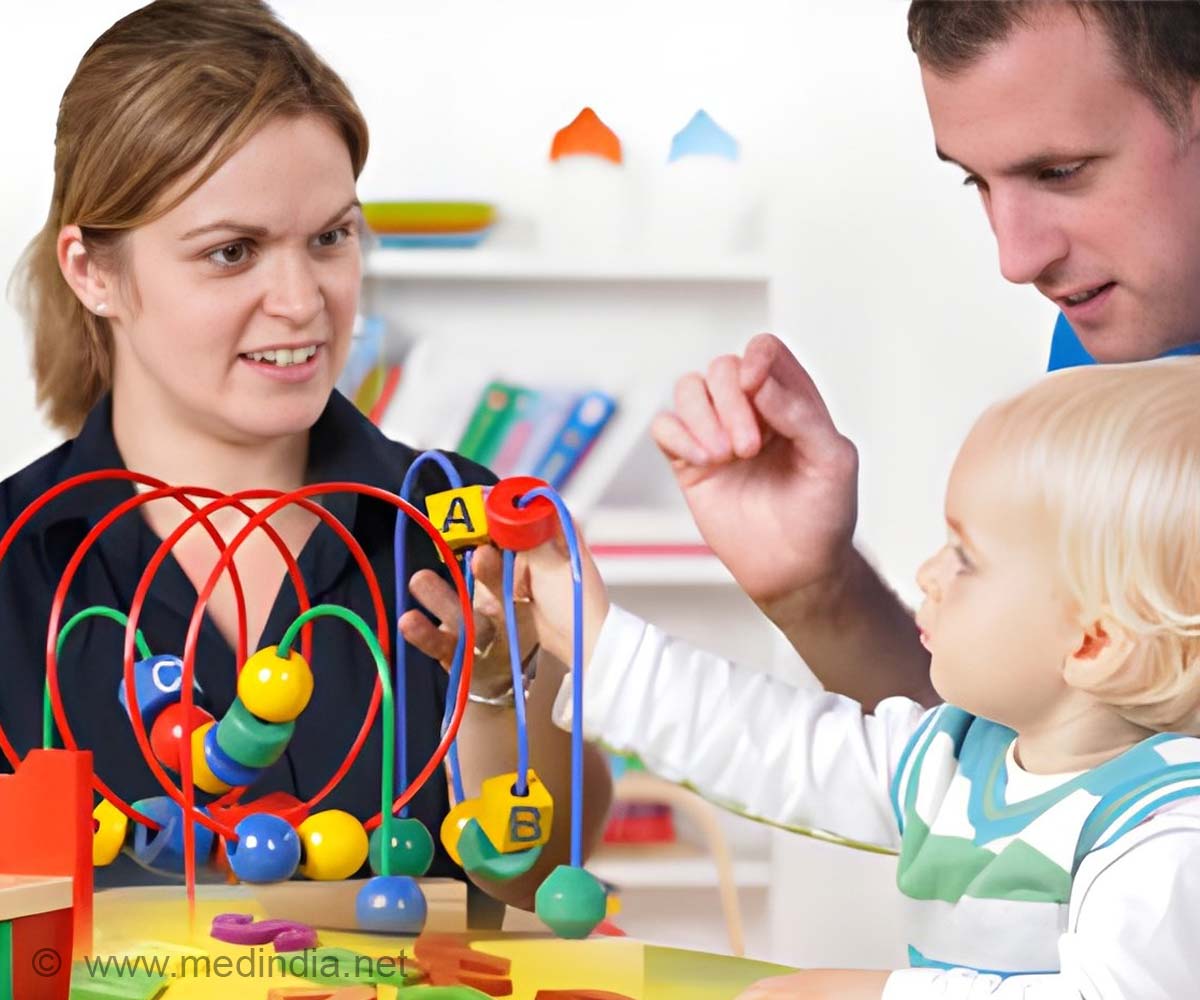Researchers have found that the secret behind parents’ disapproval of their children’s partners may lie in our evolutionary past.

Dr Tim Fawcett teamed up with scientists at the University of Groningen and found that parents tend to give more resources to children whose partners provide less support, and that this leads to a conflict over mate choice.
The team built a computer model to simulate the evolution of parental behaviour when their daughter is searching for a partner. The model shows that, typically, parents should prefer a son-in-law who is more caring and supportive than their daughter would otherwise choose.
The model predicts that, when parents distribute resources equally among their children, their mate preferences should coincide exactly. But when parents contribute more to children whose partners invest less, a conflict arises.
"Parents are equally related to all of their children, whereas children value themselves more than their siblings - so each child wants to get more than their fair share of parental resources," Fawcett explained.
The study is published in the journal Evolution and Human Behaviour.
Advertisement









